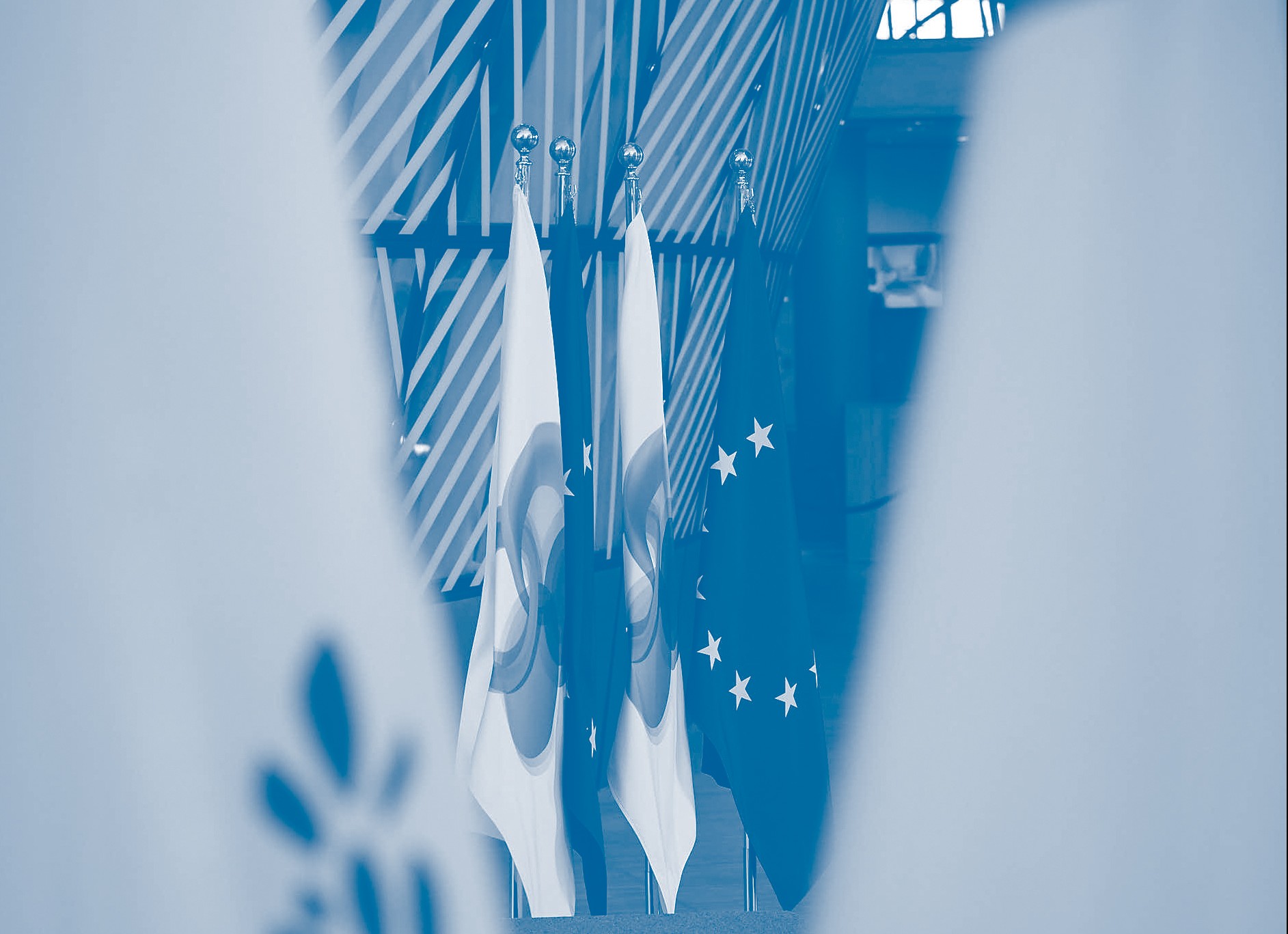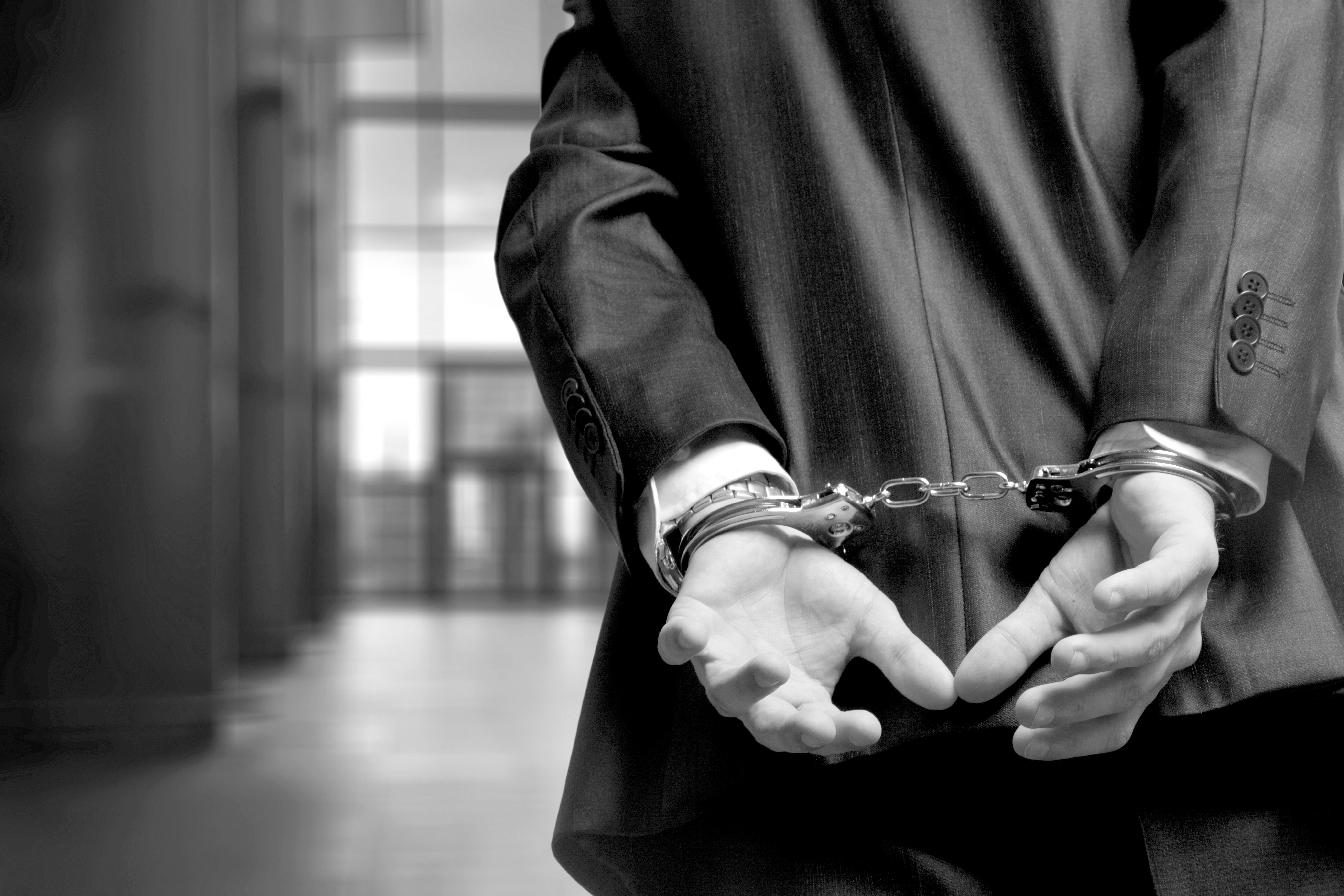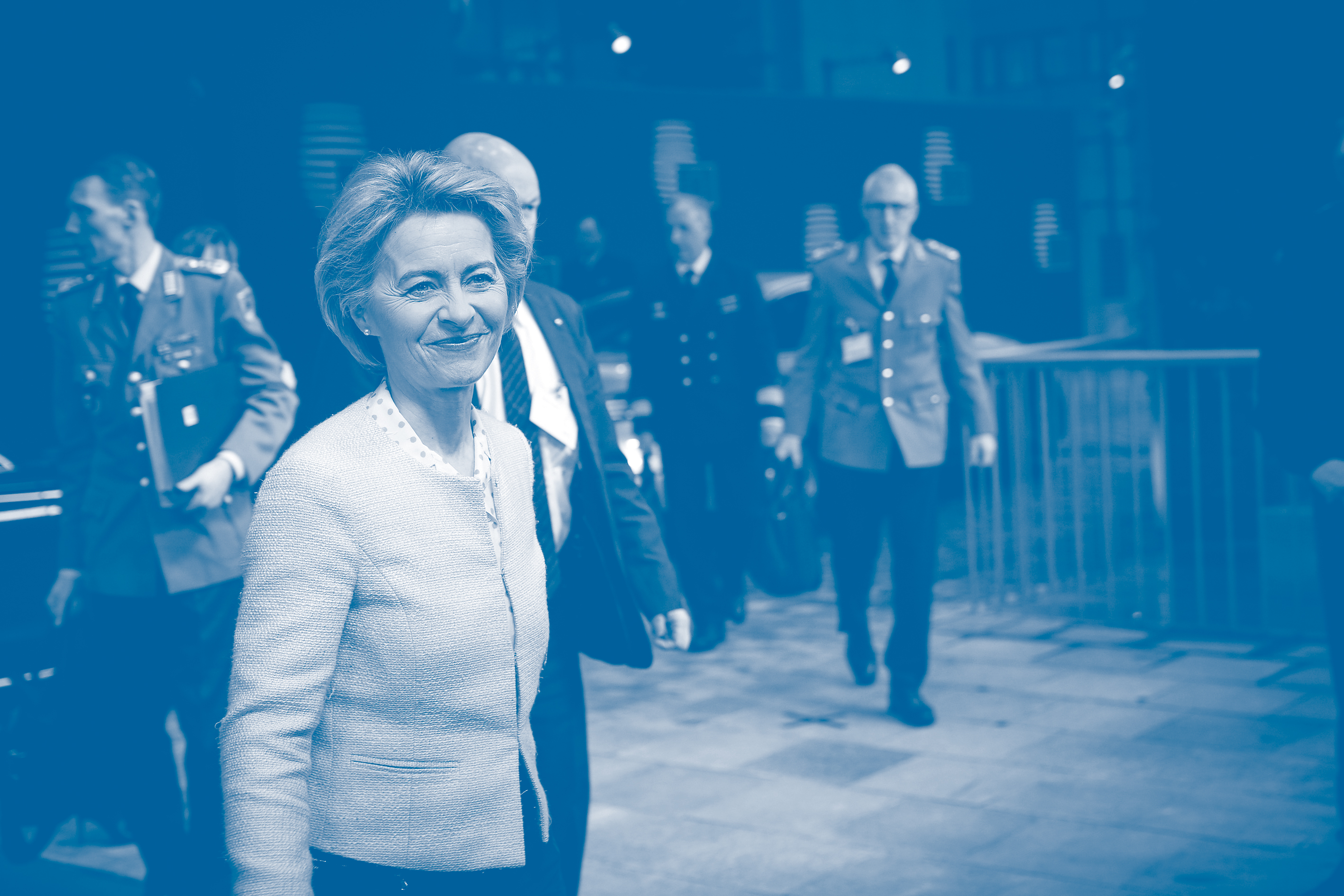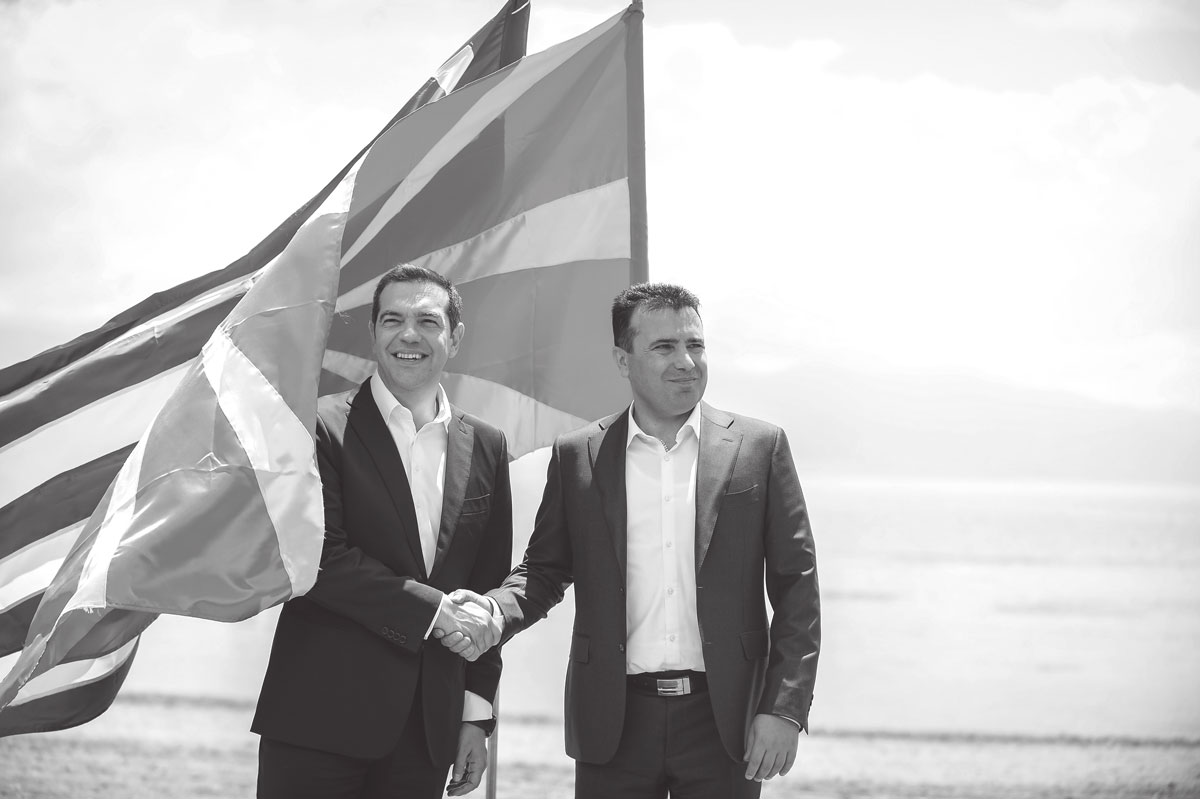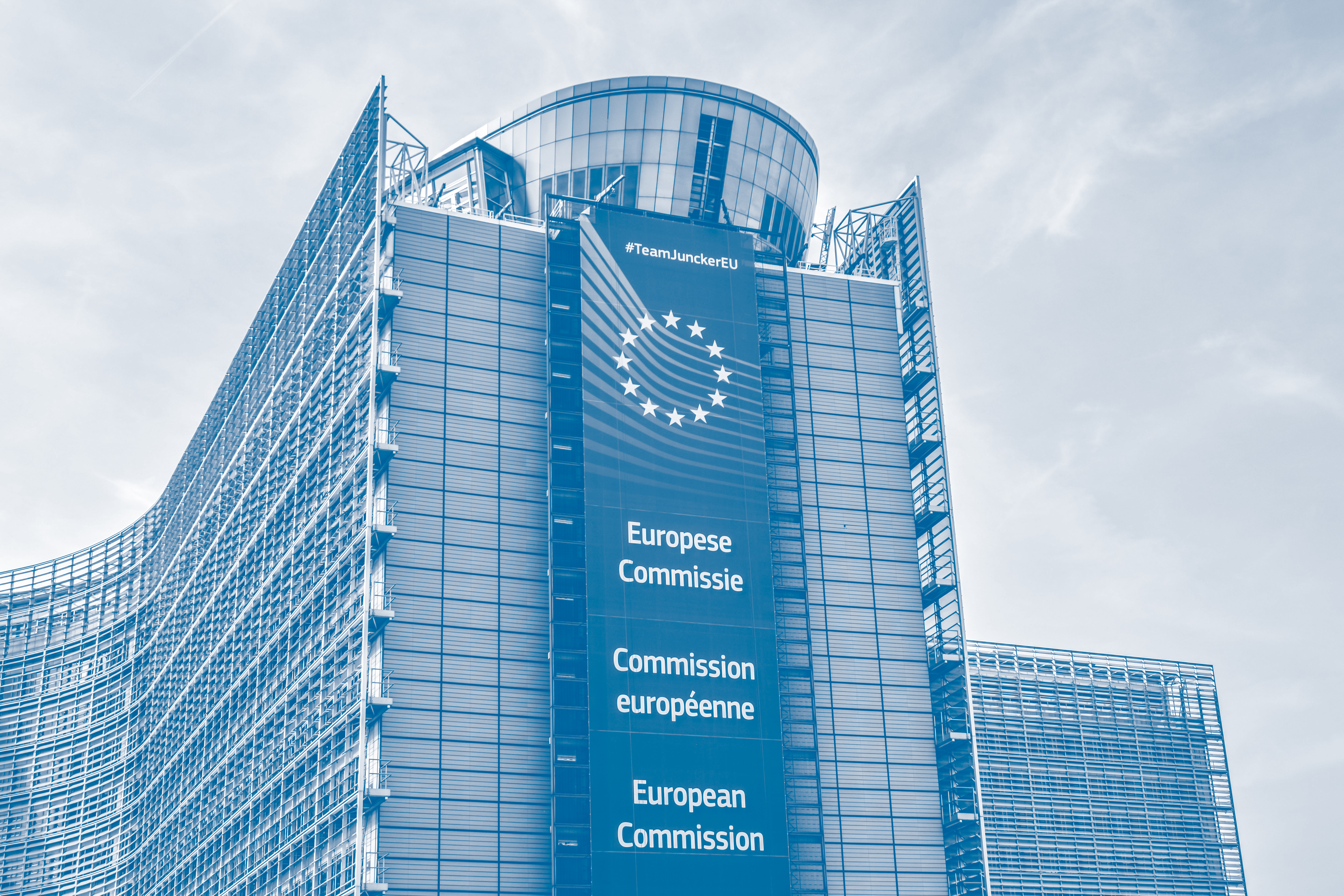By Daniel Szeligowski | Warsaw
It has already been 10 years since the Polish-Swedish Eastern Partnership (EaP) initiative was launched in Prague in May 2009. Since then, the EU has strengthened its relations with all six EaP countries – Armenia, Azerbaijan, Belarus, Georgia, Moldova and Ukraine. Three of them – Georgia, Moldova, Ukraine – have signed Association Agreements (AA) with the EU, including Deep and Comprehensive Free Trade Agreements (DCFTA), and have been granted visa-free regimes. Armenia, which initially withdrew from signing the AA, has concluded a new, less ambitious bilateral treaty: a Comprehensive and Enhanced Partnership Agreement. Azerbaijan has started negotiations on a new framework agreement with the EU. Finally, bilateral talks on EU-Belarus Partnership Priorities have been launched. The EU is now the biggest trade partner for five out of the six EaP countries, and is the second biggest trade partner for Belarus only after the Russian Federation.

